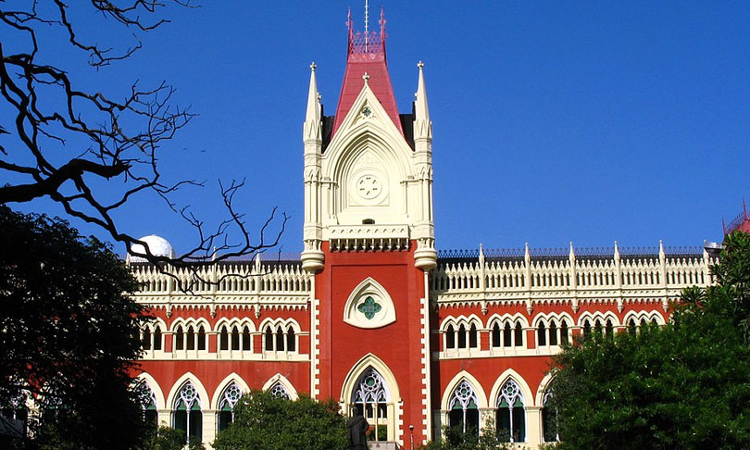Amended SC-ST Act Does Not Limit Court's Jurisdiction To Grant Anticipatory Bail In Cases Where No Offence Is Made Out: Calcutta HC
Ashok Kini
28 Feb 2019 4:52 PM IST

“To insist that the Court should shut its eyes and mechanically accept the ipse dixit of a police officer with regard to registration of an FIR under the Act without examining whether uncontroverted allegations disclose ingredients of such offence – a sine qua non for registration of FIR – is not the purpose of the said amendment”
Next Story


